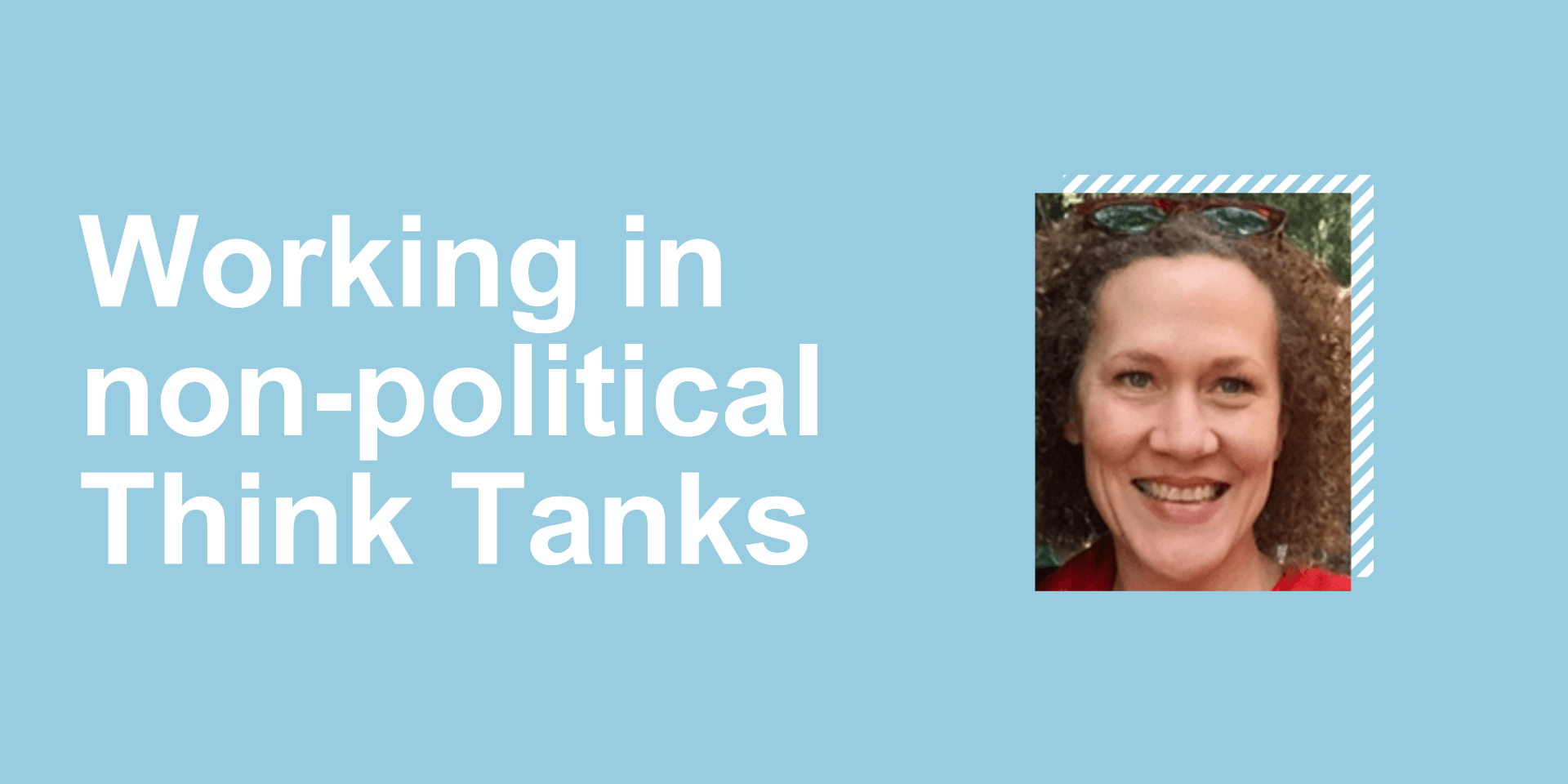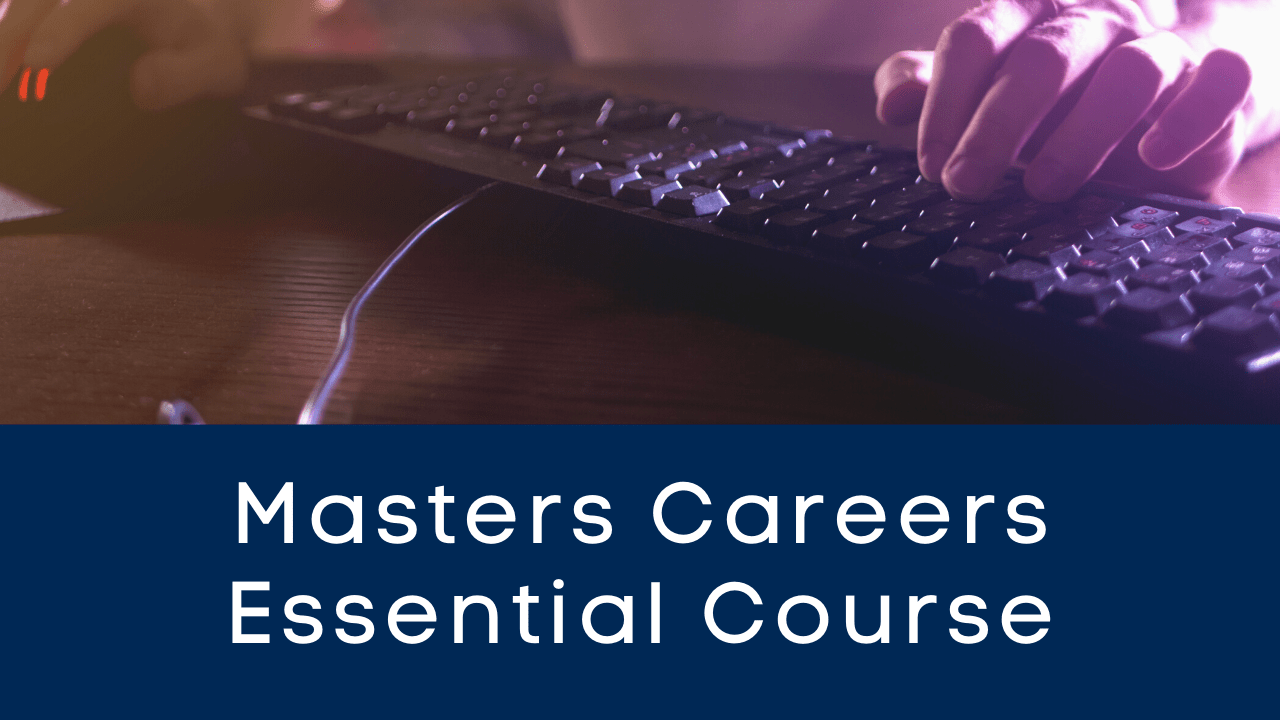Everything you need to know about the Employers on Equality series
By Rachael Richardson-Bullock, on 20 May 2021
Read time: 2 minutes
Written by George Potts, Events Manager at UCL Careers.
UCL Careers’ Events Manager, George Potts, recently chatted to us about our new employer series; Employers on Equality.
Q1) Hi George, can you give me a few more details about the upcoming UCL Careers: Employers on Equality series?
This is a new series of employer-led panel discussions that has been designed to give UCL students the opportunity to hear from employers and ask them questions on how they are improving equality, diversity and inclusion in their recruitment practices and in the workplace.
Each day, across four days, we will be focusing on a specific area where positive action is being taken:
- 1 June, 1pm – 2pm Race Equality
- 2 June, 12 pm– 1pm Gender & Orientation Equality
- 3 June, 1pm – 2pm Physical & Mental Health Diversity
- 4 June, 1pm – 2pm Social Mobility
We will be inviting employers from a range of industries to talk about the methods and strategies currently being used by their organisation to improve the diversity of their workforce and the experience of their staff. We have also invited the employers to bring along someone from within their organisation who can tell us more, from the perspective of their own lived experience. We hope the range of insights of our panellists will make for a really engaging discussion and Q&A for any UCL students and recent graduates interested to hear from employers on the subject of equality.
Q2) I can hear that you are really passionate about all of the upcoming events. Why did you want to create the Employers on Equality series in particular?
Although we often touch upon diversity and inclusion as a Q&A topic at employer events, across all our programmes, we felt it was important to give this subject matter its own spotlight.
Employers have a lot to share with us on the work they’re doing in these areas – which is really inspiring, and we wanted to create a space where our students feel that they can ask their questions.
Q3) Which themes or topics do you anticipate will be covered during the series of events?
We will certainly be looking to cover:
- Equal opportunity in recruitment
- Pathways to progression / removing barriers
- Embracing diversity (being valued) in organisational culture
- Help and support / measures and what is meant by ‘reasonable adjustments’
- Networks and peer support
- Tackling micro-aggressions and stamping out prejudice
Q4) What can students expect to gain from attending any (or even all) of the series events?
We hope that attendees will gain insight and awareness of why employers value diversity and the measures they take to nurture this, and that they leave the sessions with a deeper understanding of how to seek support in a professional / recruitment setting and the confidence to speak about diversity to employers.
These sessions are also a great opportunity to network with employers who actively recruit UCL graduates and to engage with professionals from a range of industries with strong EDI values.
Q5) Wow, I can’t wait to get involved myself. How exactly can students ask questions and join in the discussion?
For those attending who feel they’d rather not ask their questions during the session, we’ve set up a Google form for each event, where questions can be logged anonymously. Please see event listings for the links to these. We will also be including an opportunity for networking, after the Q&A, where attendees can choose to speak to employers in smaller groups about any specific questions they have.
In the interests of creating a safe space for open conversation, we will not be recording these events.
Q6) This sounds like a really fantastic opportunity to gain insight, awareness and confidence across the entire equalities sphere. When do bookings open?
Bookings are open now and you can book your place via our website.
Registration is essential to attend.
We look forward to welcoming all students and recent graduates to attend, regardless of background – equality is a conversation for everyone.
 Close
Close











